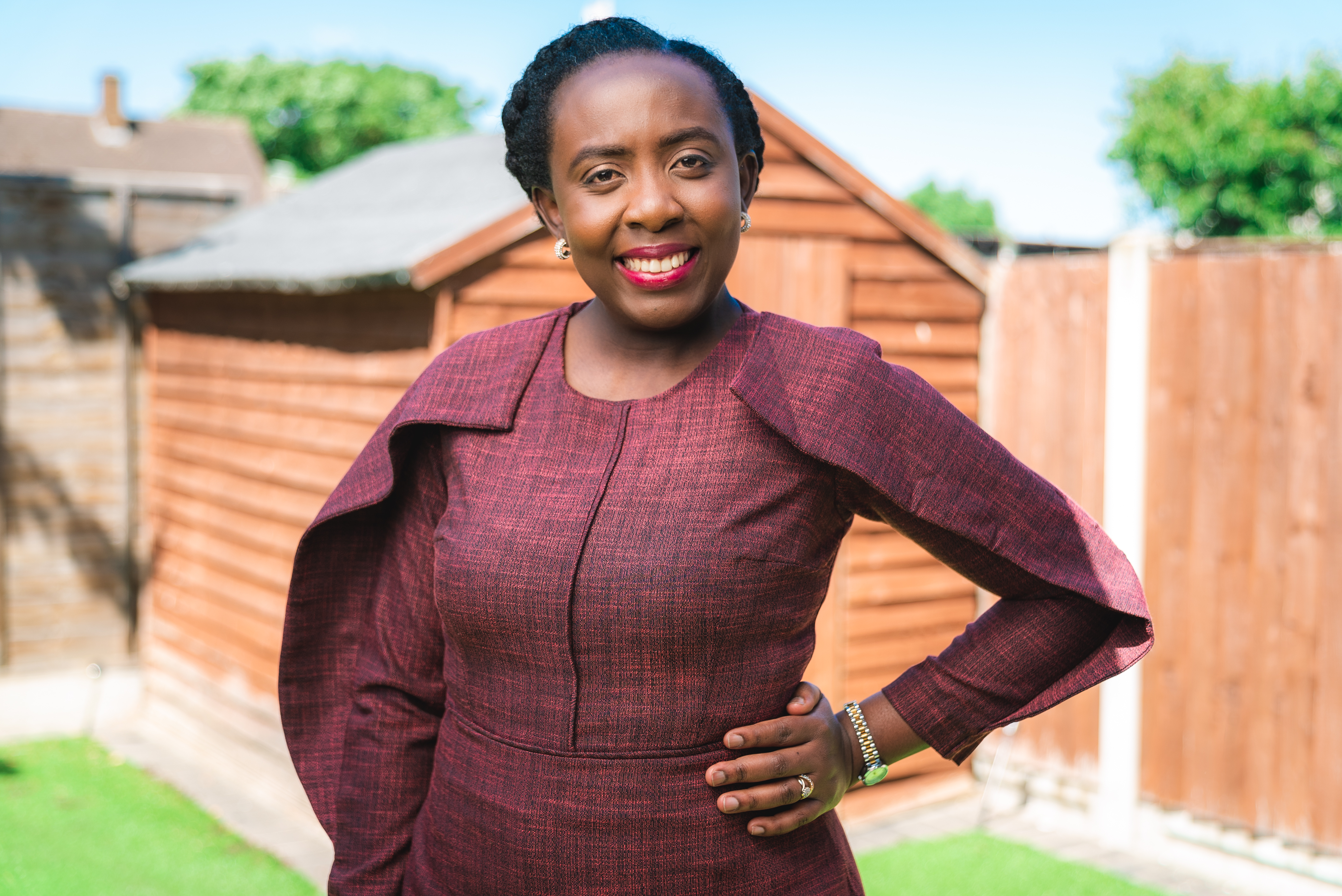“I don’t see colour”!
If I had £1 for every time someone, especially at work has said this to me , I will be very rich!
Sometimes and I suspect most times, it’s said without any intention to be dismissive of the other party, they probably say this with a deep sense of indignation to show that they are not discriminating in any way or won’t even think of doing this because they do not see the colour of your skin to start with so how can they possibly discriminate against you? Right? Wrong!
I have watched with interest the unfolding events and debates of the last few weeks around the world about racism and it’s as if the world is going through an awakening. None of it is new, it’s just being filmed and shared a lot more than we’ve ever seen. Some people seem to be moving from the unconscious incompetence stage of learning – when you don’t know that you don’t know to conscious incompetence when you know that you don’t know about the different experiences of black people in the society. Some of the discussions have made me smile especially when I see people yearning to bridge their learning gap while others have been quite ignorant and shocking but hey, that’s life! Not everyone can be helped.
When you say you don’t see colour, it is problematic for your Company’s diversity and inclusion effort (if you have any), especially if you are in a managerial role. Although, the demographics of people on your Senior Management Team or Board will tell the true story of your commitment to diversity but that’s a story for another day! My colour is a major part of who I am. It is the most obvious and conspicuous characteristic about a person and you choose to ignore or dismiss it because it is nice to say you don’t see colour? How can I then be my true authentic self at work? On a broader scale, how do we tackle the unconscious bias and inequalities in outcomes for recruitment and career progressions for black people?
This post is not to shame anyone. Sometimes, we don’t do better because we don’t know better so let’s do better because we NOW know better.
Say something. This may encourage others to also speak up right there or at a different time once they’ve had the chance to reflect. Debate and conversation helps more than simple silence. It’s always better to show up and even if wrong be corrected, that’s how we learn. Show up imperfectly than not show up at all. Every company should review their employee relations procedure and create clear listening and reporting mechanisms where racist actions can be reported and investigated safely, without exception in direct response to all unreasonable behaviour. Zero tolerance.
Do something. Where possible, give an opportunity for the economic inequalities to be minimised. Money is power in our society. In the UK, gender pay gap reporting is a legal requirement for companies with 250 staff or more and some are taking the necessary steps to bridge this gap, either voluntarily or through employment tribunals as is the case of Samira Ahmed at the BBC. How about ethnicity pay gap reporting? In current climes, companies serious about inclusion of minorities should consider publishing this report and bridge the economic gap before it becomes a legal requirement. If they don’t have a good proportion of black and other ethnic minorities in managerial and Board level positions, it’s because they have not been recruited or promoted not because they are unicorns. They need to ‘see’ our colour.
I want you to see colour, I want you to see me.


